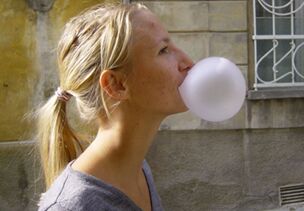这些‘不好的’习惯实际上是聪明的迹象
|
Here's the thing about bad habits. Many of them can hurt you when taken to the extreme. But in small doses, those same "bad" habits can be part of a healthy lifestyle. As in, you don't want to live like a total slob -- but a desk in slight disarray could make you more creative. Who knew? Below, we've rounded up 3 supposedly negative behaviours that can -- contrary to what your mum, your teacher, and your know-it-all coworker said -- be good for you.
Procrastinating There's a growing body of literature dedicated to why people procrastinate -- and how to stop it. But Wharton professor and 'Originals' author Adam Grant argues that we should expand our conception of procrastination to include not just laziness, but also waiting for the right time. In other words, procrastination can help boost creativity because you give yourself a chance to develop your big idea. In an interview with Business Insider's Rachel Gillett, Grant pointed to Apple's Steve Jobs as an example of someone who benefited from delaying certain tasks: 'The time Steve Jobs was putting things off was time well spent in letting more divergent ideas come to the table, as opposed to diving right in with the most conventional, the most obvious, the most familiar.' Biting your nails Researchers recently followed about 1,000 kids starting when they were five years old. When the kids were five, seven, nine, and 11, the researchers asked their parents whether they bit their nails or sucked their thumb. About one-third of the kids displayed one or both habits. When the kids were 13 and then 32 years old, the researchers performed allergy tests. Sure enough, the group that had habitually bit their nails and/or sucked their thumb as kids were less likely to have developed allergies. At the same time, one of the study authors advised parents not to encourage nail-biting or thumb-sucking in their kids. Running late Being chronically tardy can interfere with both your personal and professional relationships, making you look disorganized or worse, disrespectful. At the same time, an oft-cited tidbit from Diana DeLonzor, author of 'Never Be Late Again,' sheds some light on the upsides of lateness. |









